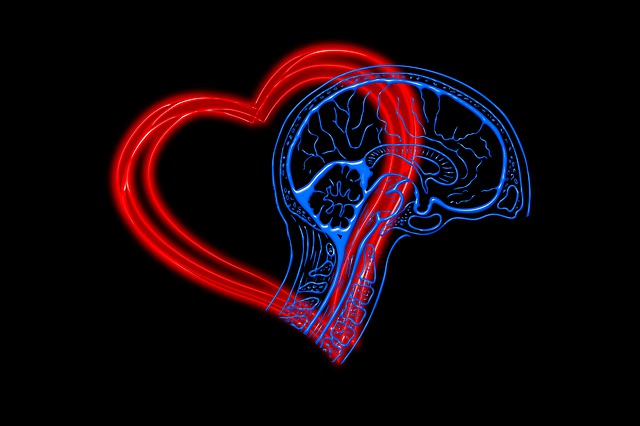 So many factors come together in the decision-making process by all leaders. Are you aware that some of our habitual ways of thinking may be inaccurate or have a negative bias? These faulty habits in our thinking process are called cognitive distortions, and they can really work against us in a leadership role, particularly in our decision-making process and especially during stressful times.
So many factors come together in the decision-making process by all leaders. Are you aware that some of our habitual ways of thinking may be inaccurate or have a negative bias? These faulty habits in our thinking process are called cognitive distortions, and they can really work against us in a leadership role, particularly in our decision-making process and especially during stressful times.
Some examples of these distortions are:
- Personalization. One of the most common errors in thinking is taking things personally. You blame yourself for things outside of your control. You falsely believe that everything that someone says or does is a direct reaction to you. Personalization can convince you that you are being targeted or excluded. It can also cause you to compare yourself to others unnecessarily and may lead to depression and anxiety.
- “Should” statements. You think there is a certain “standard” or way to do something rooted in societal, cultural or family expectations, and you constantly blame yourself or others for what “should” have been said or done but wasn’t. This usually only increases stress and anxiety.
- Engaging in catastrophic thinking. This way of thinking leads people to expect and prepare for the worst outcome in any situation. You often find yourself thinking, “What if…” and imagine and dwell on the worst.PREMIUM CONTENT: Sizing the Global IT Staffing Market
- Overgeneralization. You apply your experience from one event to another when they may not be related, relevant or accurate. For example, if it happened once, then you think it is always going to happen.
- Jumping to conclusions. You base your decisions not on what someone says or does, but on what you believe they are thinking. You mistakenly believe you can read minds or anticipate reactions. You don’t ask what the other person thinks or feels.
- Discounting the positive. When something goes right, you refuse to take credit for it or appreciate it. For example, you may receive many positive comments on an evaluation but choose to focus on a single piece of negative feedback. This can lead to a feeling of learned helplessness and demotivation.
- Emotional reasoning. Emotional reasoning is the false belief that your emotions are the truth. You rely on “gut” feelings over objective evidence to judge yourself and the world. For example, “I feel like a bad leader; therefore, I must be a bad leader.”
- Labeling/mislabeling. You often define yourself and others with a label, reducing yourself or others to generally negative characteristics or behavior. In assigning labels, you focus on one past behavior or event. Your co-worker is “lazy” because he/she came to work late. It can lead to misunderstanding or misrepresenting others.
One tool from EQ Connections you can use to help you overcome this distortion is redirection, which will help you develop reality testing skills. The process is:
- What is the reality of the situation?
- Am I making any errors in my thinking or judgment?
- What is a more realistic thought?
- What is the best solution based on this realistic thought?
- How do I understand this situation after taking my emotions out of the picture?
Once you start identifying and entertaining more realistic thinking, you will more readily come up with a better decision or solution, and a new habit is born.
When you are feeling emotionally charged, take some steps to ensure you do not bring unrelated emotions into your decision-making process. Work through the redirection exercise; slow the decision-making process down and take a break or a walk. These tools will help you realign, get more in touch with your emotions and what triggered them, and make more factually-based decisions.